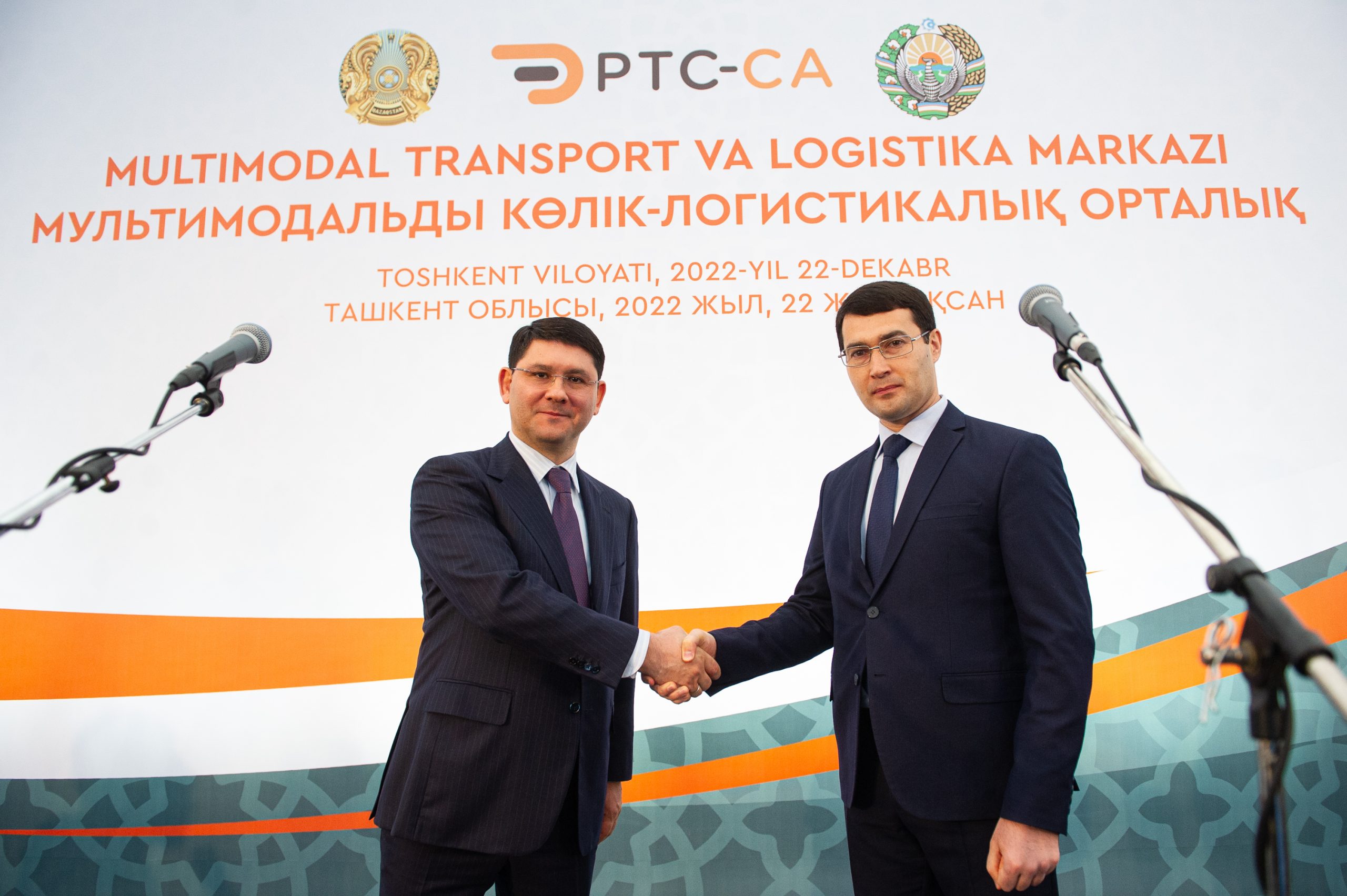
One of the most important political and economic events of the year in Kazakhstan was the signing last week of the Treaty on Allied Relations between Kazakhstan and Uzbekistan. As President of Kazakhstan Kassym-Jomart Tokayev stated, commenting on the results of his visit to Tashkent: «Dear Shavkat Mirziyoyev and I have signed historical agreements, which, in my deep conviction, will be written in golden letters in the annals of cooperation and fraternal relations between our states. The Treaty on Allied Relations between Kazakhstan and Uzbekistan embodies the mutual desire of our peoples for further rapprochement and meets their fundamental interests.»
It should be noted that in the conditions of the international situation developing this year and at least the revision of the old world political and economic structure, the Central Asian countries have sharply increased the number and quality of integration initiatives. In this sense, the union between the two largest economies of the region is, of course, a qualitative step towards creating a full–fledged regional association that can occupy a serious niche in the future global distribution of forces. However, as practice shows, such agreements themselves, if they are not backed up by joint serious projects, remain only declarations. The results of the visit to Tashkent showed the seriousness of the intentions of Kazakhstan and Uzbekistan to move towards real integration. During the visit and on its margins, 17 different agreements were signed, and Presidents Kassym-Jomart Tokayev and Shavkat Mirziyoyev themselves were present at the signing of 6 joint projects that will be implemented by Kazakh and Uzbek businesses.
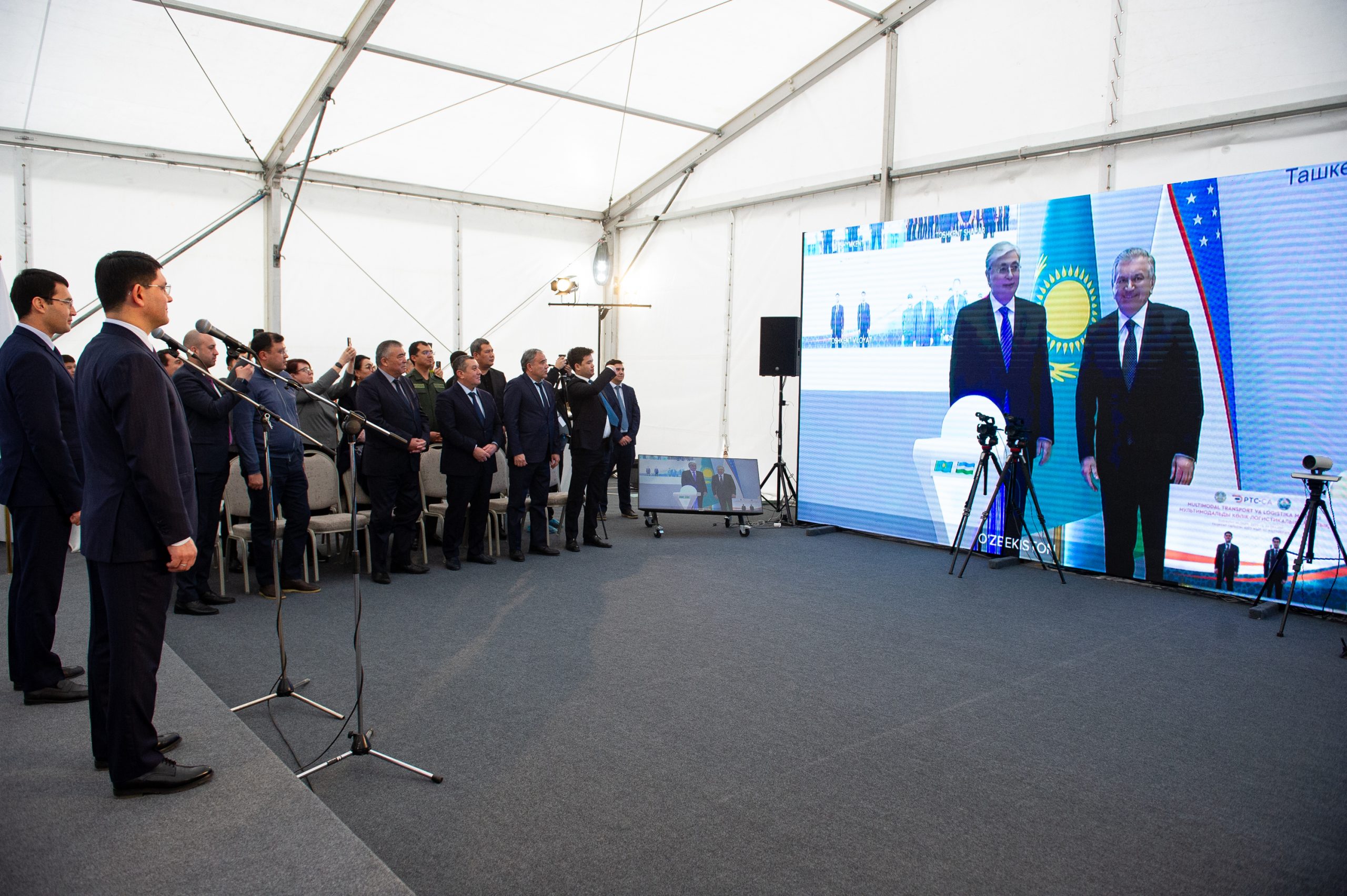
Particular attention should be paid here to the agreement concluded by Kazakhstan’s PTCHolding and Halyk Bank, the khokimiyat of the Tashkent region and Uzbekistan’s VUONO CAPITAL LLC. The parties signed a memorandum on the construction of a logistics center with a total cost of about $ 300 million. Because it is infrastructure projects, due to their long-term nature, as well as capital intensity and synergetic effect, that lay the long-term foundation of partnership in the best possible way, and also implement the win-win principle in practice, when each of the participants receives their profit from the implemented project.
«Kazakhstan and Uzbekistan have been not only reliable neighbors, but also loyal partners for more than 30 years, the joint project being implemented is a vivid confirmation of this. In Kazakhstan and Uzbekistan, the tasks of developing transport corridors and improving logistics are priorities for maintaining and increasing freight traffic volumes, which, in turn, will have a multiplier effect on the region’s economy and give an additional impetus to business partnership between the business communities of our countries,» Daniyar Abulgazin, a representative of PTCHolding, commented on the signed document.
It should be noted that today the transport corridors of Central Asia demonstrate the dynamics of steady growth in freight traffic volumes by 15-20 percent per year. The growth of mutual trade between Kazakhstan and Uzbekistan has approached the $ 5 billion mark, and the presidents have set a task to double the trade turnover in the coming years and reach the $ 10 billion mark.
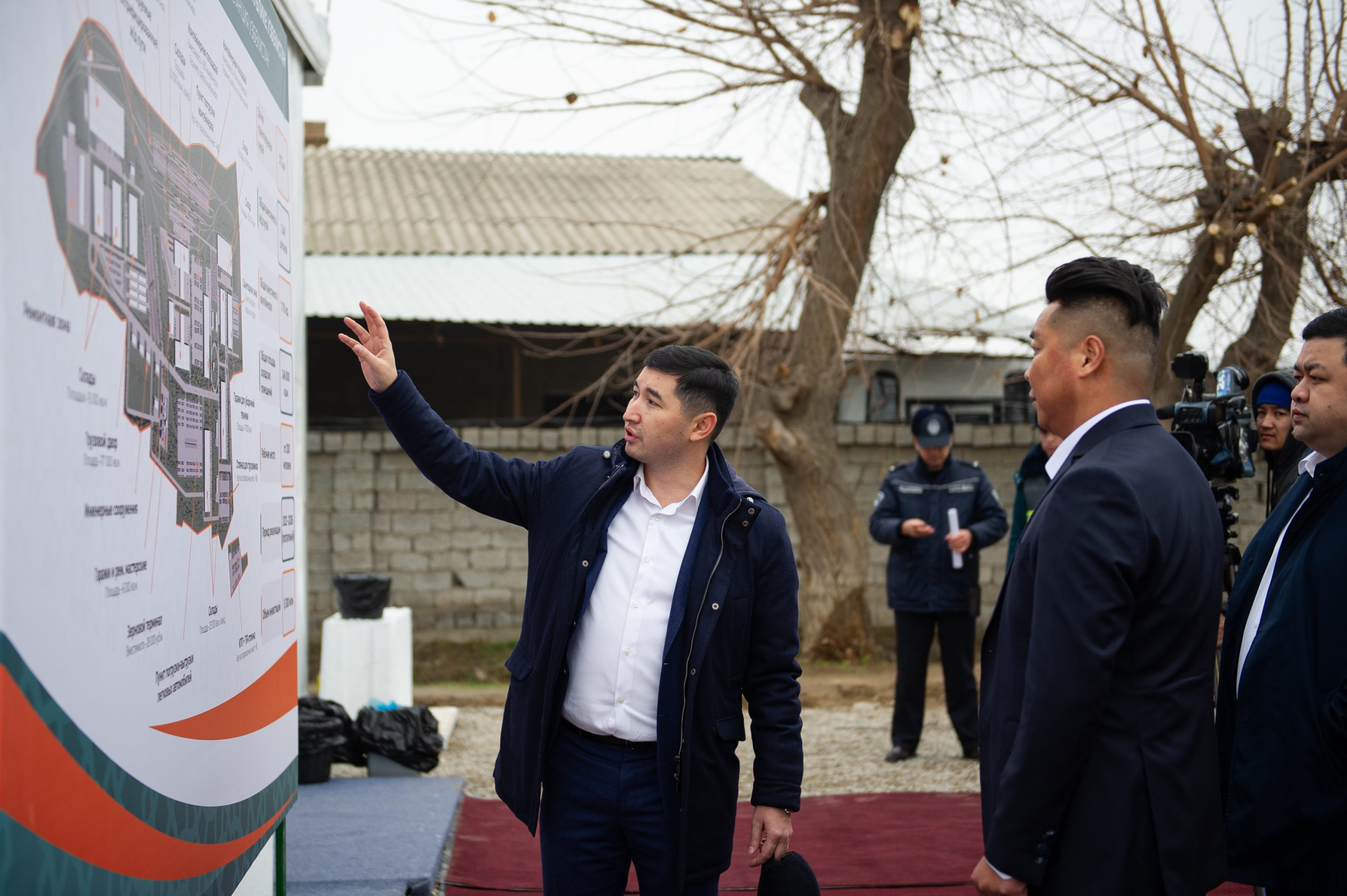
However, in order to achieve these very real indicators, infrastructure development is necessary. It is she, or rather her deficit, that becomes a stumbling block for business. So, today in Uzbekistan there is not a single transport and logistics center that fully meets international standards and has class A warehouses, which means modern warehouses with the possibility of temperature control, a modern information system. And taking into account the dynamics of container transportation in the Republic of Uzbekistan and in the countries of Central Asia, as well as in accordance with the plans of new railway lines China – Kyrgyzstan – Uzbekistan and Uzbekistan – Afghanistan – Pakistan, the need for transport and logistics centers and the development of railway infrastructure will increase.
What they want to build
The multimodal transport and logistics center will be located on the territory of the Yangiyul district of the Tashkent region, 10 kilometers from the capital of Uzbekistan. It is assumed that the total area of warehouses will be 248,000 square meters, the total capacity of railway tracks – 1240 wagons and 11,100 units of containers.
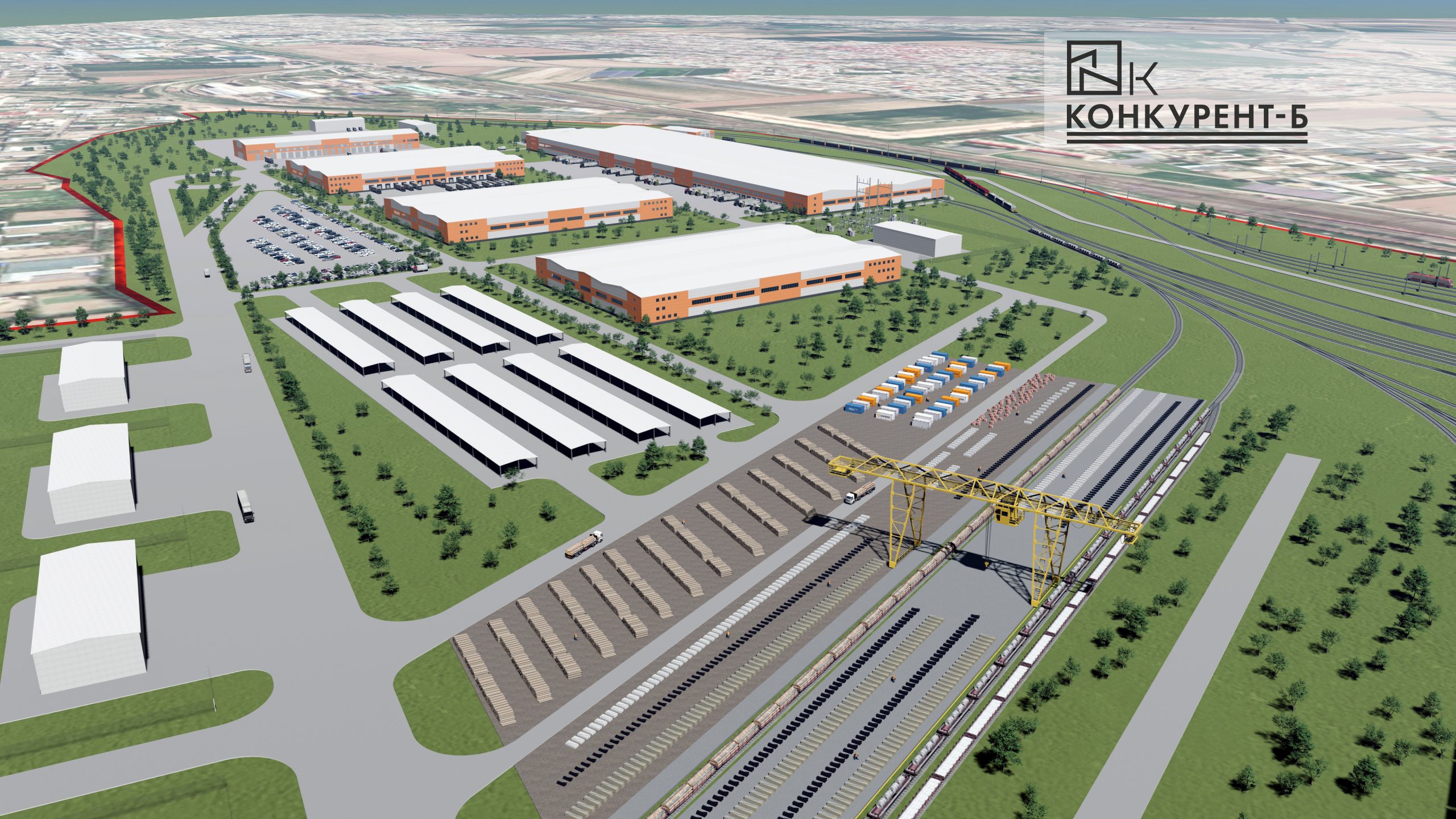
The first stage of the project is planned to be implemented in 2023-2026. As part of its implementation, about 24 kilometers of railway tracks, storage areas for 2,400 containers, a Class A warehouse with an area of more than 22,000 square meters and other related engineering infrastructure will be built to support the terminal’s activities. According to the signed memorandum, Halyk Bank is ready to provide financing for this in the amount equivalent to about 70 million US dollars. The operator of the project will be a subsidiary of PTC Holding — PTC-CA. What is very important is that the design of a multimodal transport and logistics center (TLC) will be carried out by a consortium of design institutes from Kazakhstan and Uzbekistan.
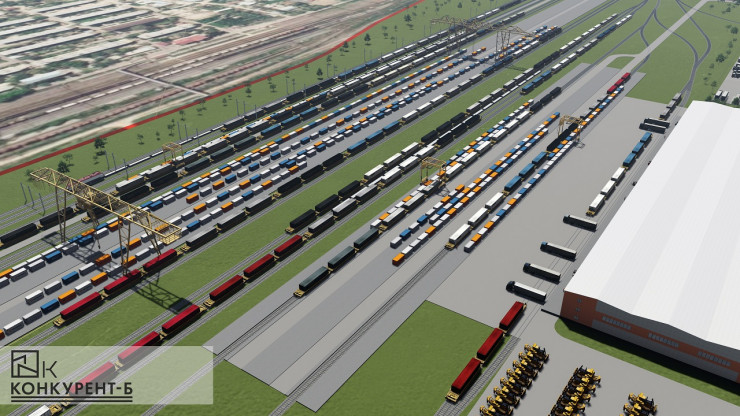
In general, the project provides for the construction of railway infrastructure, including railway tracks (37.2 kilometers long), container platforms with the possibility of simultaneous storage of more than 11,000 containers, modern class A, A+ warehouse complexes for loading and unloading, storage and processing of various cargoes, including those requiring a certain temperature regime, a total with an area of 248,000 square meters. At the same time, the total investment is estimated at about $ 300 million.
«We want to make this terminal super innovative. That is, we use all the newest, most modern, most innovative things that exist in the logistics world today in this project. This also applies to the technology of work – the supply of rolling stock, it concerns overloading, it also applies to equipment, that is, cranes, combine lifts that we order in Europe, it also applies to intra—warehouse storage and intra-warehouse logistics,» said Timur Karabaev, Chairman of the Management Board of PTCHolding.
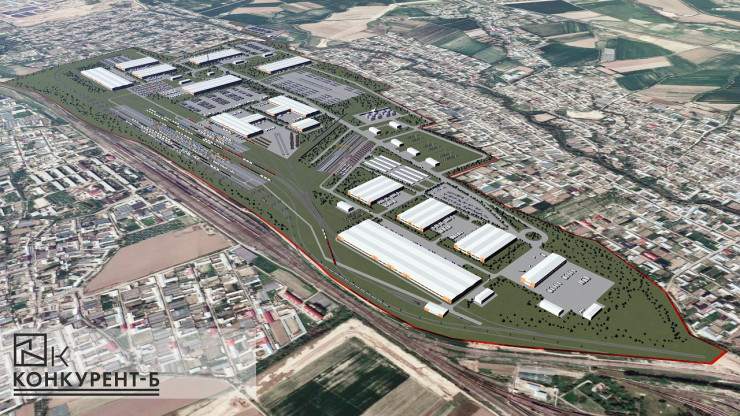
According to him, the peculiarity of the project is that the terminal can simultaneously accept a large number of different types of wagons – both universal (covered wagons and gondola cars) and fitting platforms with containers. In addition, it makes it possible to work in the «from car to car», «from car to car», «from car to car» mode.
«Our task is to make a logistics terminal of this class that could handle any type of transport,» the head of the Kazakh company said.
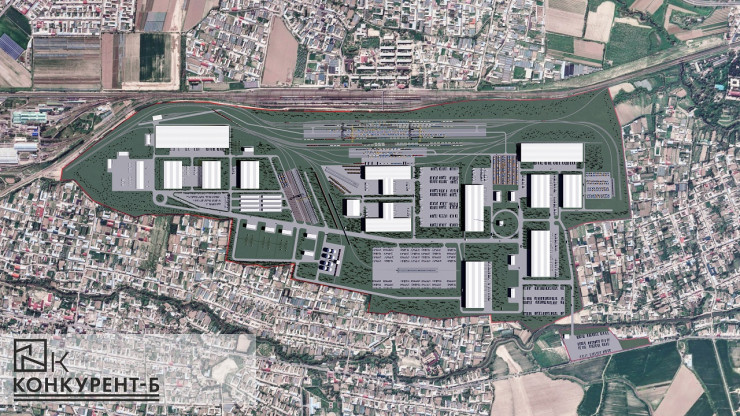
As for the choice of the construction site, then, according to the Deputy Governor of the Tashkent region for Investment and Foreign Trade Najmeddin Sharipov, «The Tashkent region is located in such a geographically convenient location that it borders two countries – Kazakhstan on the one hand, Tajikistan on the other.»
«The region is convenient because about 50 percent of the population of Tajikistan lives in the eastern part of Uzbekistan (Tashkent region, Ferghana Valley). From this point of view, it is logical to place the TLC in the Tashkent region, and near the capital, where convenient transit of goods and cargo will be provided,» Sharipov said.
Advantages for Uzbekistan
According to statistics, from 2016 to 2022, the volume of container traffic in the Republic of Uzbekistan increased 2.2 times, from 96 to 220 thousand containers per year. It is clear that such growth has sharply exposed the main problem – the lack of necessary infrastructure.
«First of all, I can say that currently there are no Class A logistics terminals in Uzbekistan. It is very important for us to have such a terminal that meets advanced foreign requirements. Which would ensure the entire transit of our goods not only within the republic, but also beyond its borders. Because recently Uzbekistan has begun to produce a lot of export-oriented goods. Based on this, logistics becomes an important issue. If we now create this logistics center operating according to international standards, we will be able to ensure the competitiveness of our products,» said the Deputy governor of the Tashkent region.
This is clearly understood by the top leadership of Uzbekistan. In this connection, President Shavkat Mirziyoyev issued a decree «On the development strategy of new Uzbekistan for 2022-2026», which provides for measures to develop the transport industry of the republic, including the development of a concept for the transfer or modernization of railway stations (terminals) located in Tashkent, taking into account the future increase in freight traffic, the concept of the development of a network of multimodal transport-logistics centers around the city of Tashkent, an increase in the share of container transportation by rail by at least 2 times, as well as creating a network of transport and logistics centers and attracting investments in transport and other industries.
On May 6, 2022, the Deputy Prime Minister of the Republic of Uzbekistan — Minister of Investment and Foreign Trade Sardor Umurzakov approved a roadmap for the implementation of joint industrial cooperation projects between the Republic of Uzbekistan and the Republic of Kazakhstan.
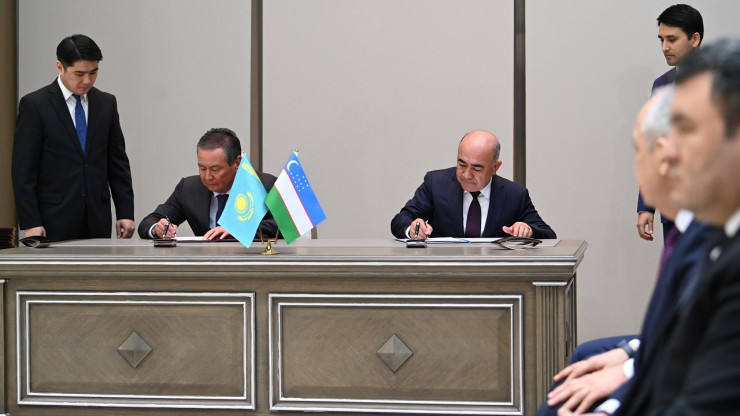
Paragraph 6 of the roadmap provides for the creation of a modern TLC with a container terminal, as well as the creation of a large logistics operator by attracting a private fleet of freight cars and containers to Uzbekistan to cover the growing needs for them from entrepreneurs of the republic.
«The project will be implemented in two stages. At the first stage, 200 jobs will be created, and more than a thousand jobs will be created upon completion of the project. In addition, this does not take into account the multiplicative effect, that is, the creation of indirect jobs. Hotels, restaurants, infrastructure facilities will be created near the logistics center. This is important for the social situation of our region,» Najmeddin Sharipov said.
Secondly, for many companies that are currently operating in the Tashkent region, it is important to have high-quality transportation of their goods.
«There are 5 free economic zones in different directions in the Tashkent region, there are more than 50 small industrial zones where a lot of export-oriented products are produced. Therefore, logistics is very necessary and important for these companies, both for internal and external transportation,» the deputy governor of the Tashkent region believes.
Advantages for Kazakhstan
«In order for the Kazakh business to participate and receive profitability from these shipments, we need a support terminal in Uzbekistan, because now cargo flows go through different border crossings. Our task is not only to keep, but to increase the pace of transit through Kazakhstan, which means that customers do not go to other border crossings, do not look for other entry points to Central Asia,» Timur Karabayev says bluntly.
In this case, according to Kazakhstani transport workers, the reference terminal in Uzbekistan is just the missing piece of the puzzle that is necessary to create a full—fledged service in the region.
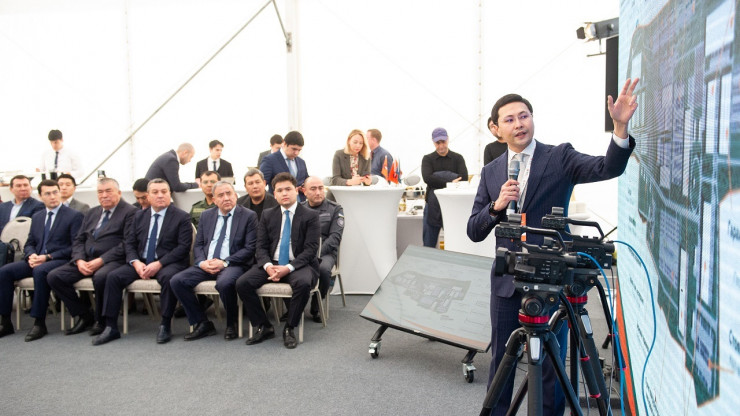
Timur Karabayev does not hide that the most important long-term challenge for the Kazakh transport industry may be the opening of new border crossings.
«Today, the border crossing through Kashgar — China — Kyrgyzstan — Uzbekistan is being actively discussed. With its implementation, we may lose part of the cargo flow that transits through our country. The nature of emptiness does not tolerate, and something, of course, will go there, but our task is to keep our customer base on Kazakhstan transit,» says Timur Karabayev. «Unfortunately, this cannot be done without a modern multimodal terminal.»
In addition, according to him, PTC Holding analyzed the current state of affairs with terminal facilities and realized that there is simply no ready-made large TLC with class A warehouses, refrigerated warehouses, pharmaceutical warehouses in Uzbekistan.
«We think this is a great opportunity when the first such project in Uzbekistan is being implemented by a Kazakh company. To date, we have gathered very good competencies, a very good team. We understand how it works in the best logistics centers in the world, our employees have toured many terminals in Germany, Europe, Turkey, and we understand how modern logistics works,» explains Timur Karabayev. «It can’t just work on the ground, we need the appropriate infrastructure.» That is why, according to him, the company decided to take such a risky step – to invest quite a lot of money in another country.
«Yes, we are taking a risk. But I think we will be the first and we will be successful. By implementing this project, we will prove first of all to ourselves and other market participants that Kazakhstan’s business has grown to such a level that it can do good transnational infrastructure projects,» the head of PTC Holding believes.
It should be noted that these are not empty words, but the accumulated positive experience in the construction and operation of a cargo container terminal and the organization of container service in Kazakhstan. So, in May 2021, the holding commissioned the first stage of a container terminal in the border zone between Kazakhstan and China at the Dostyk station with a capacity of 160 thousand TEU per year. In 2022, the 2nd stage of the terminal was put into operation, the capacity of which reached 320 thousand TEU per year, as well as the railway infrastructure with a length of 13 kilometers adjacent to the main railway network of JSC NC KTZ and allowing the processing of container trains at this terminal using «through» technology.
Today, both demographics and the standard of living of people are growing in Kazakhstan and Uzbekistan, which inevitably brings new services and new goods here. Interest in Central Asia, and Kazakhstan is the only transit country for the Central Asian market, and, consequently, supply chains and logistics chains «in» and «out» of Central Asia will grow strongly.
«Our task, by creating a good infrastructure, is not to miss this trend, that is, not to give the palm to foreign capital, if we can do it ourselves. I am very pleased that both Kazakhstan and Uzbekistan have matured an understanding that we are not just neighbors, but fraternal peoples and can do projects as they should be according to the highest international standards, with maximum impact for each country,» Timur Karabayev believes.
https://tengrinews.kz/article/kazahstan-uzbekistan-soyuz-dvuh-krupneyshih-ekonomik-1910/
 010000
010000  Астана, пр. Туран, 18
Астана, пр. Туран, 18 Астана, пр. Туран, 18
Астана, пр. Туран, 18 Астана, пр. Туран, 18
Астана, пр. Туран, 18 100015
100015 ![]() China, Shanghai Pudong New Area No. 1168 Century Avenue Dongfang Financial Plaza
China, Shanghai Pudong New Area No. 1168 Century Avenue Dongfang Financial Plaza![]() Кыргызская Республика 720011, город Бишкек Первомайский район, ул. Раззакова, д.32
Кыргызская Республика 720011, город Бишкек Первомайский район, ул. Раззакова, д.32![]() Грузия, г.Поти ул. Хоби № 7
Грузия, г.Поти ул. Хоби № 7










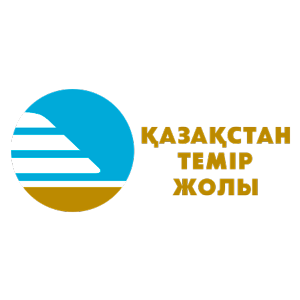
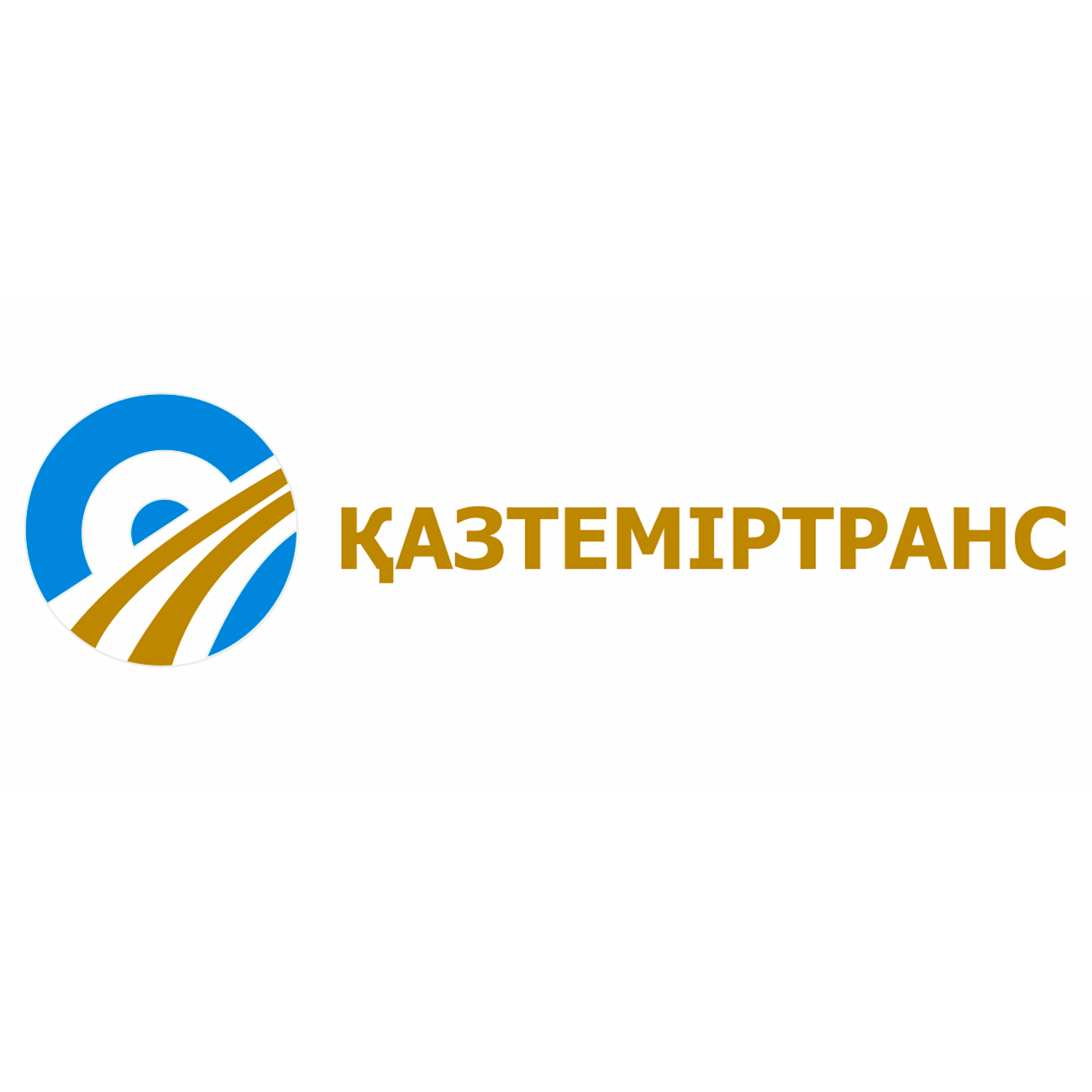
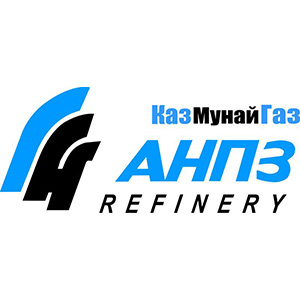
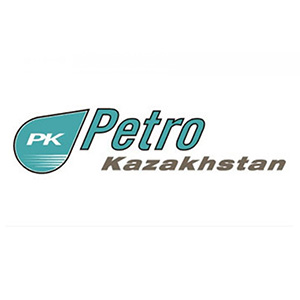










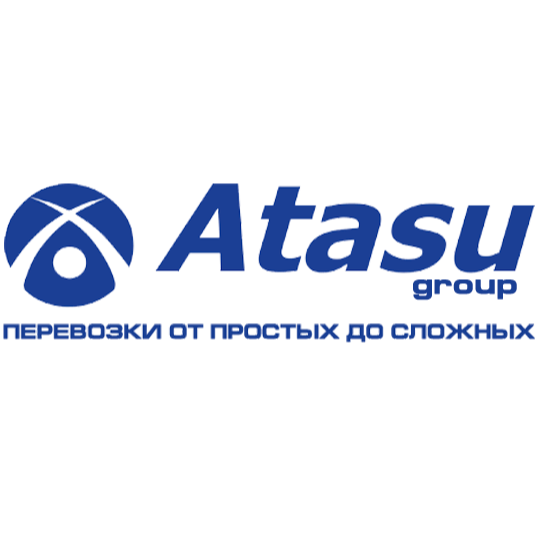


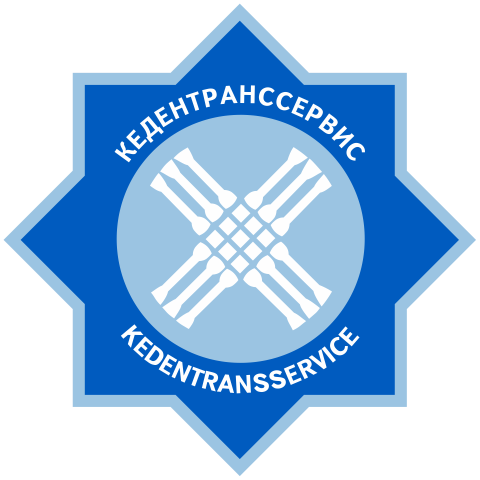



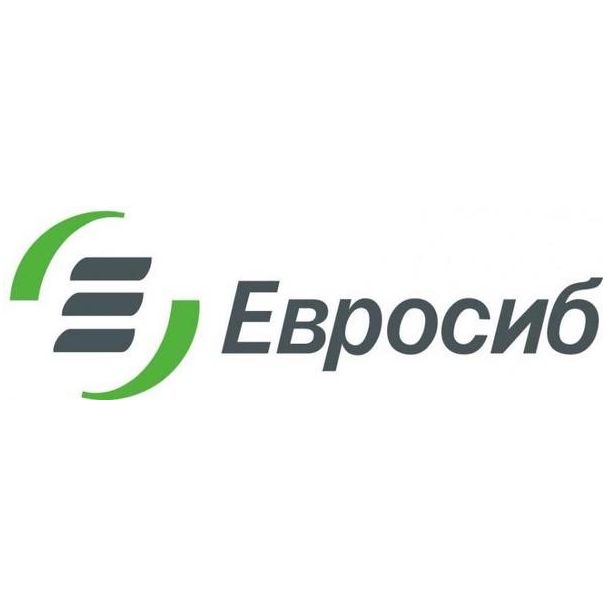

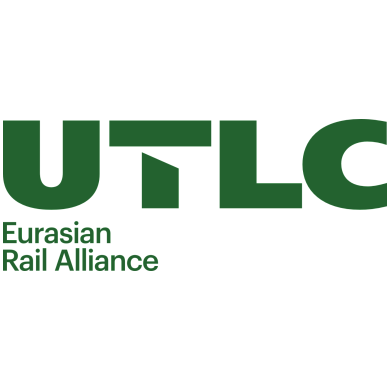

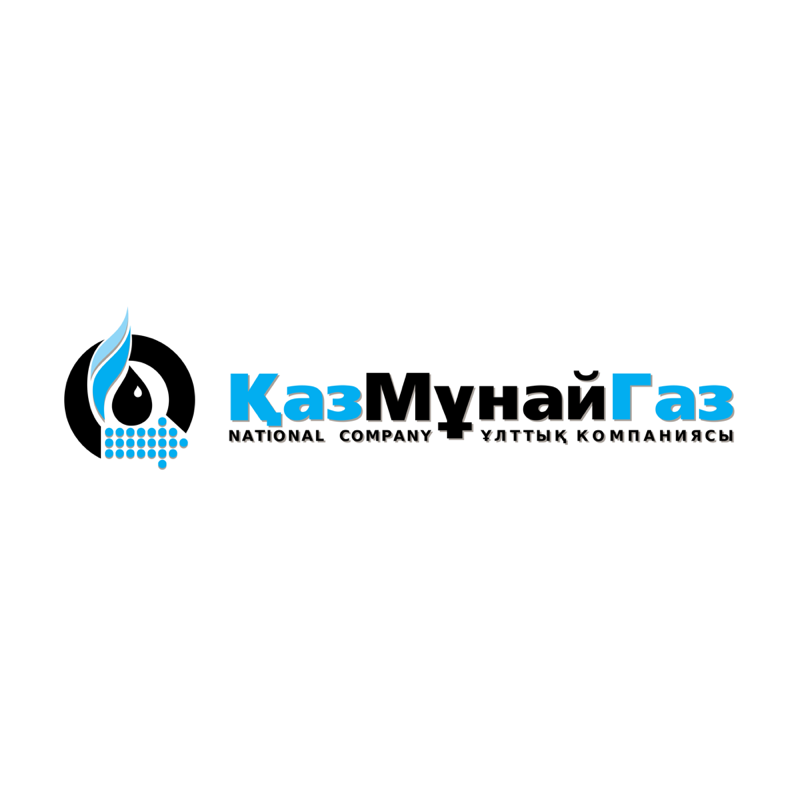

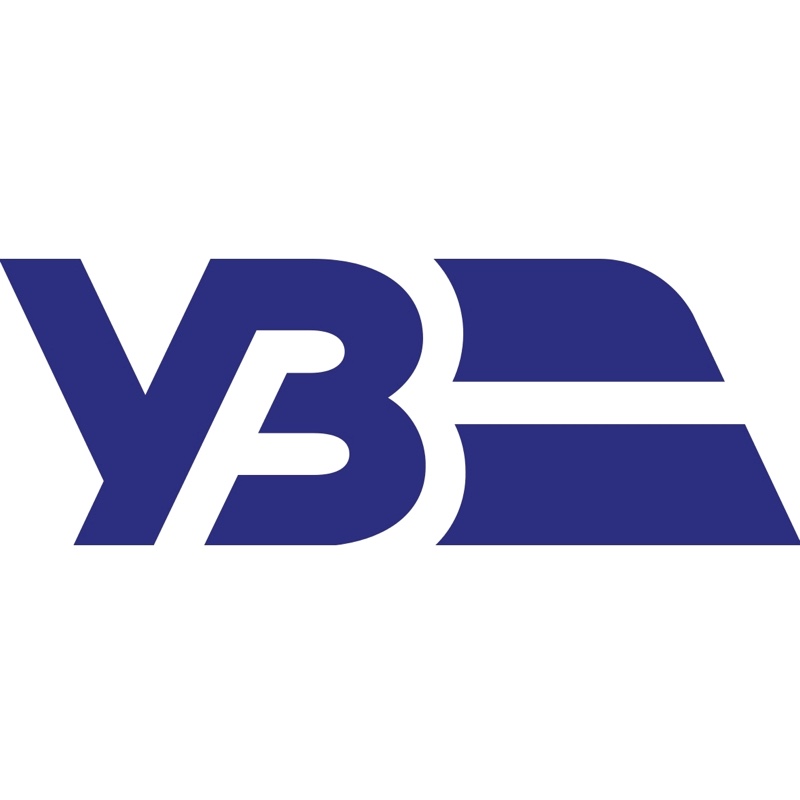
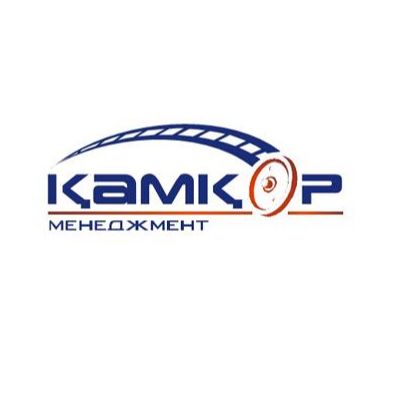
 123112
123112